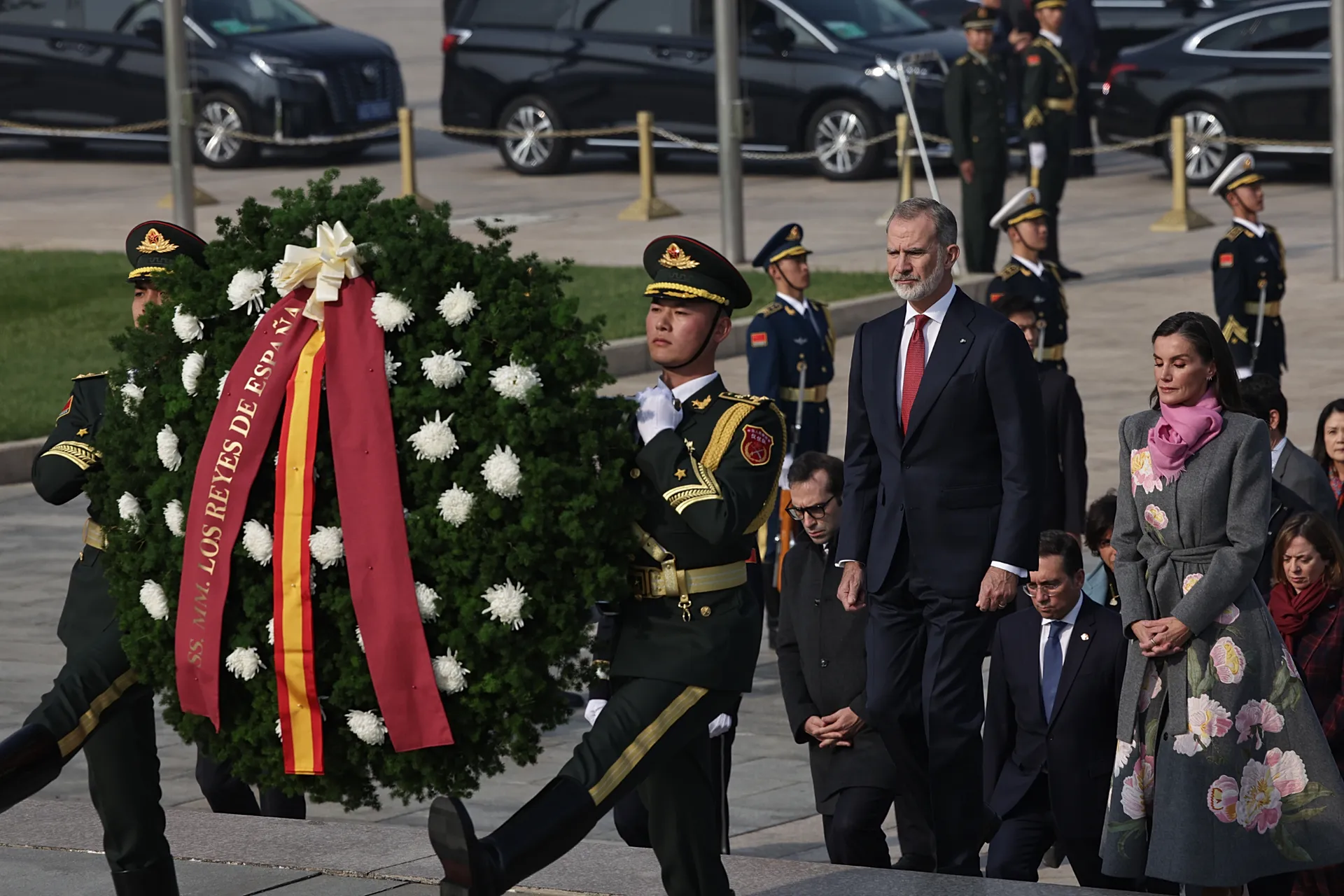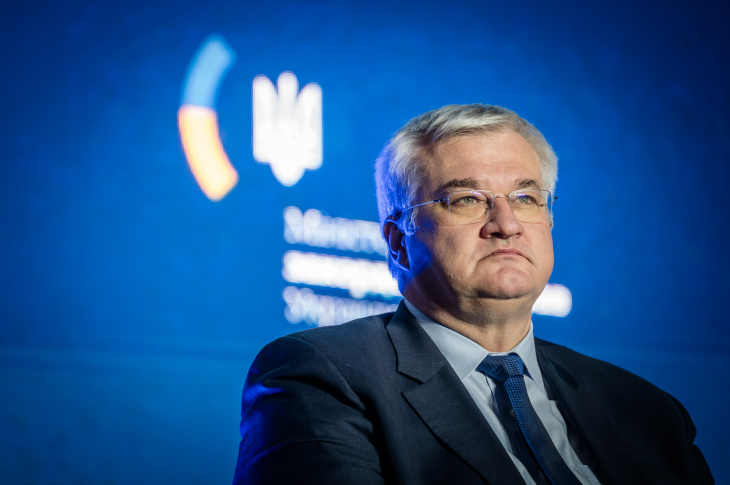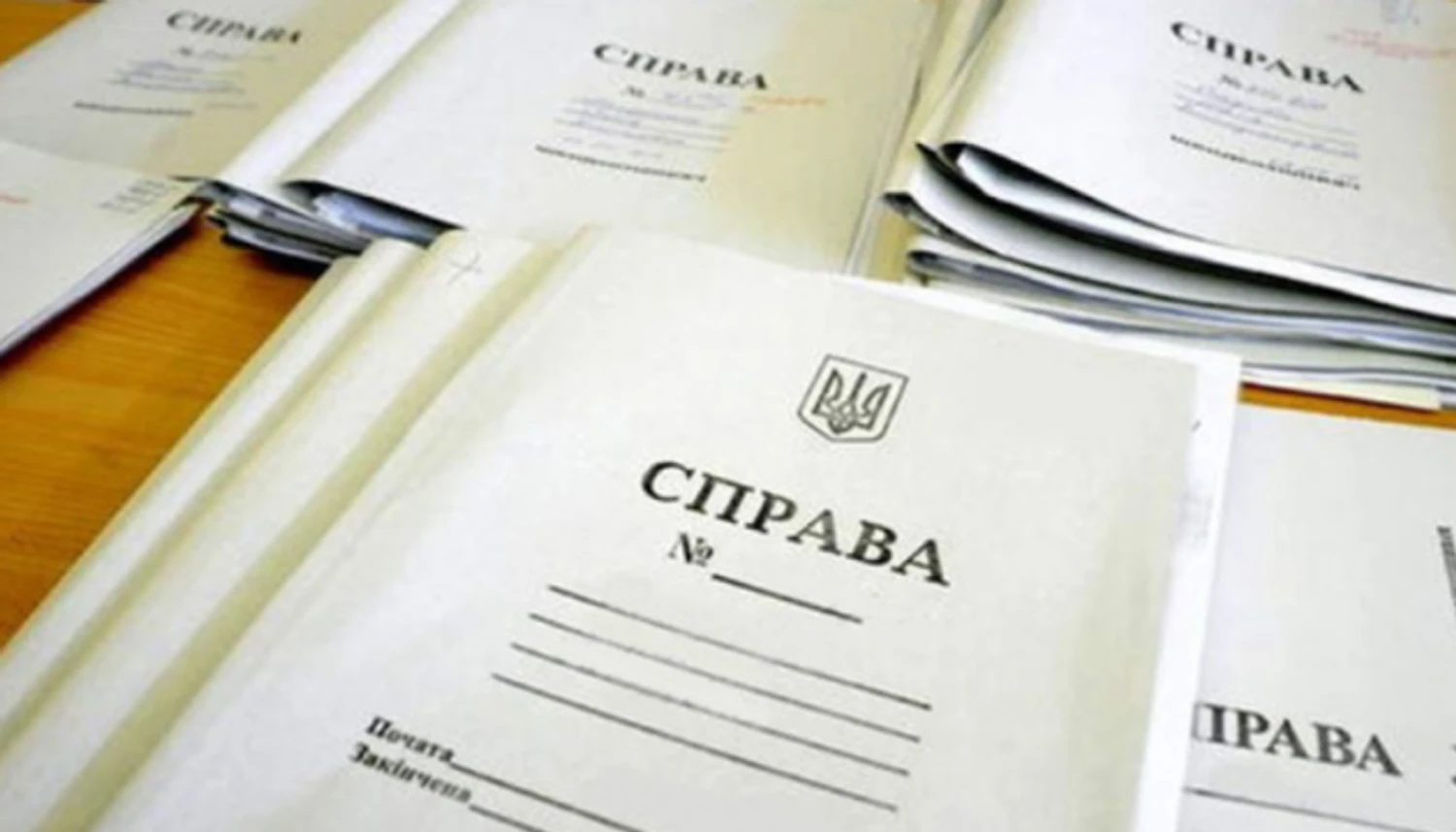The King of Spain, Felipe VI, and the head of the People's Republic of China, Xi Jinping, emphasized "friendly coexistence" and "trusting relations" between their countries during a bilateral meeting at the Great Hall of the People in Beijing on Wednesday. Following an official reception at Tiananmen Square, both leaders reaffirmed their commitment to dialogue and cooperation. Xi Jinping referred to Felipe VI as a "friend of the Chinese people" and stressed that Spain and China have become examples of friendly coexistence among nations with different histories, cultures, and social systems.
The King of Spain reminded that the first visit of the Spanish crown to China took place in 1978, when Juan Carlos I laid the groundwork for mutual understanding between the two countries. Since then, Felipe VI noted, resilient relations have been built based on mutual trust, respect, and shared prosperity.
During the visit, ten bilateral agreements were signed in the fields of economy, culture, science, and technology. Among them was a memorandum to establish a joint commission for economic cooperation, which will serve as a "one-stop shop" for Spanish companies in the Chinese market, as well as agreements on joint production of audiovisual content, linguistic cooperation, and astrophysics.
Ambiguous Gesture at Tiananmen Square
The visit of the King and Queen included a symbolic stop at Tiananmen Square, where they laid a wreath at the Monument to the People's Heroes—a 38-meter obelisk honoring revolutionary martyrs from the Opium Wars to the founding of the People's Republic. Although this gesture is part of the protocol for high-level state visits, it is not mandatory. For instance, such a ceremony was not held during the visits of Juan Carlos and Sofia in 1995 and 2007.
Nonetheless, the symbolic significance of this step sparked some discussions. Tiananmen Square was the epicenter of the student protests in 1989, which were brutally suppressed, and even three decades later, the mention of these events remains taboo in China. The ceremonial act, accompanied by a salute and the playing of national anthems, symbolized the bilateral relations that both countries seek to strengthen as a model of peaceful cooperation and joint development.
Some Western observers interpreted the photo of Felipe VI and Letizia laying flowers as a gesture of respect towards Xi Jinping's regime.
Reaction from the EU and the USA
The visit is part of the Spanish government's strategy to strengthen ties with Beijing amid rising tensions between the EU and China. However, not everyone in Brussels shares Madrid's enthusiasm: European diplomats have expressed concerns about Spain's excessive independence, which could undermine the unity of the EU's positions.
Chinese state media, on the other hand, positively assessed the visit, highlighting the closeness of the Spanish government to Beijing and Prime Minister Pedro Sánchez's independent stance towards Washington. Economy Minister Carlos Cuervo, present at the official meeting, attempted to balance this image and reassure European partners by emphasizing the ceremonial nature of the visit, although it does have a significant geopolitical component.



